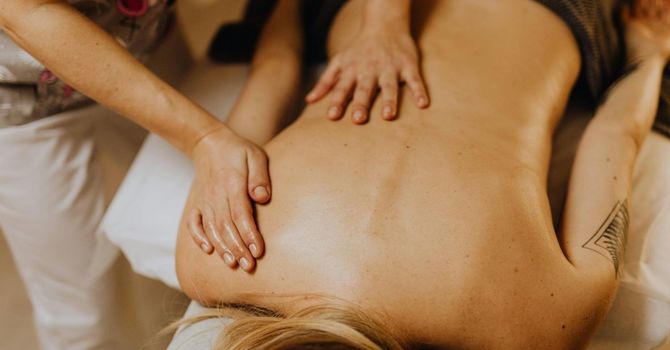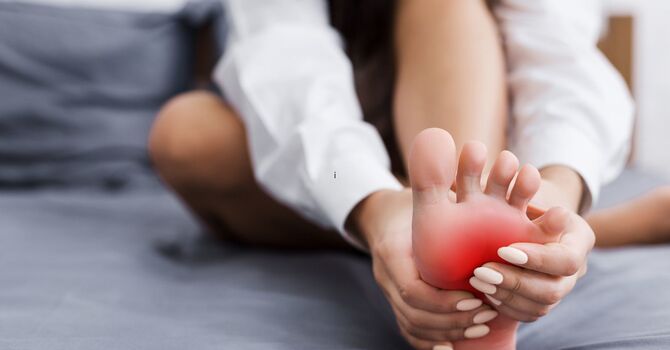.jpg)
Unlocking the Full Potential of Massage Therapy
While the soothing hands of a massage therapist can work wonders for your well-being, incorporating self-care practices between sessions can significantly extend the benefits of your massage. Engaging in daily self-care not only helps maintain the therapeutic effects but also empowers you to take an active role in your health and wellness journey. This blog offers practical tips and techniques to enhance and prolong the positive outcomes of your massage therapy, ensuring that you can continue to reap the rewards long after leaving the massage table.
Stretch Your Limits
Incorporating stretching into your daily routine can maintain and even enhance the flexibility and range of motion achieved during your massage sessions. Focus on gentle stretches that target the areas worked on during your massage, holding each stretch for about 30 seconds without bouncing or straining.
- Neck and Shoulders: Ease tension by gently tilting your head from side to side and rolling your shoulders backward and forward.
- Back: Keep your back supple with stretches like the cat-cow pose or by gently twisting your torso while seated.
- Legs and Hips: Counteract the effects of sitting or standing for long periods with leg stretches and hip openers, such as lunges or butterfly stretches.
Cultivate Relaxation Practices
Massage therapy is as much about mental relaxation as it is about physical relief. Continue to nurture a state of calm with relaxation techniques that can reduce stress and its physical manifestations in your body.
- Deep Breathing: Practice deep, abdominal breathing to help calm the mind and relax muscle tension.
- Mindfulness Meditation: Dedicate a few minutes each day to mindfulness, focusing on your breath or a mantra to foster a sense of peace and presence.
- Warm Baths: Soaking in a warm bath with Epsom salts can mimic the muscle-relaxing effects of a massage, aiding in stress relief and muscle recovery.
Stay Hydrated and Nourished
Proper hydration and nutrition are crucial for maintaining the detoxifying effects of massage and supporting overall tissue health.
- Water Intake: Drink plenty of water to help flush out toxins released during massage sessions and keep your muscles hydrated.
- Balanced Diet: Consume a diet rich in anti-inflammatory foods, such as leafy greens, berries, nuts, and fatty fish, to support muscle recovery and overall wellness.
Maintain an Active Lifestyle
Regular physical activity complements the benefits of massage by strengthening muscles, improving circulation, and reducing stress.
- Exercise: Engage in activities you enjoy, whether it's yoga, swimming, cycling, or walking, to keep your body active and flexible.
- Posture Awareness: Be mindful of your posture throughout the day, especially if you sit for extended periods, to prevent tension and alignment issues.
Create a Restful Environment
Ensure that your living and sleeping spaces promote relaxation and comfort, aiding in the restorative process between massage sessions.
- Sleep Hygiene: Prioritize quality sleep by creating a restful environment, sticking to a consistent sleep schedule, and using supportive pillows and mattresses.
- Personal Relaxation Space: Designate a peaceful area in your home where you can unwind, practice your relaxation techniques, and reflect on your wellness journey.
While regular massages are a key component of a holistic wellness plan, the steps you take between sessions are equally important. By incorporating these self-care tips into your daily routine, you can enhance the effects of your massages, leading to sustained well-being and vitality.
If you're ready to deepen your commitment to self-care and explore additional strategies tailored to your needs, consider scheduling a follow-up appointment with our massage therapy team. Together, we can ensure that your journey to wellness is both rewarding and enduring, with you feeling empowered and rejuvenated every step of the way.
The content in this blog is for informational purposes only and is not a substitute for professional medical advice, diagnosis, or treatment. Always consult your doctor or a qualified healthcare provider before trying new healthcare protocols.



